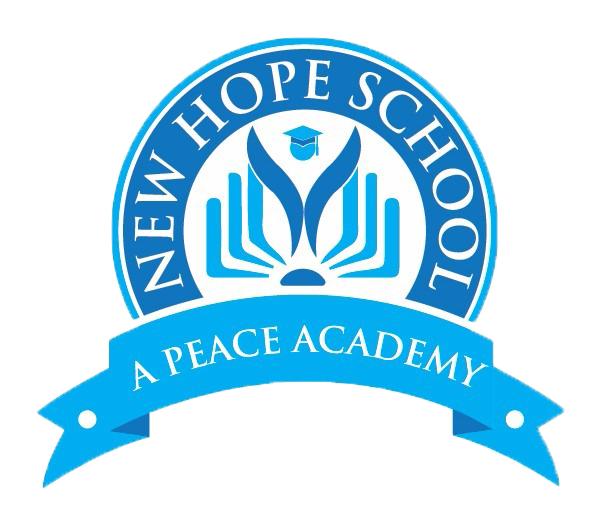by Dr. Robert Beebe, Principal
New Hope School conducts a project-based learning component as part of its overall education program. Project-based learning focuses on teaching students key knowledge and understanding as well as success skills, such as critical thinking/problem solving, collaboration, and self-management.
A typical project is based on a meaningful problem to solve or question to answer, at an appropriate level of challenge for students, and is governed by an open-ended and engaging driving question.
The project involves an active, in-depth process over a period of several weeks, during which students generate their own questions, find and use resources, develop further questions, and come to conclusions.
There is a real-world context using real-world processes, tools, and standards. The project is connected to students’ own interests and identities and is expected to make a real-world impact.
Students are encouraged to choose the types of products they wish to create, how they will work and use their time, with guidance by their teacher.
Opportunities are provided for students to reflect on what and how they are learning as well as on the project’s design and implementation.
Students are expected to give and receive feedback on their work in order to revise their ideas and products or conduct further inquiry.
At the end, students demonstrate what they have learned by making a presentation beyond their own classroom, either to the entire school, their parents, or to the general community.
Past projects have included creating a 3D model of the Delaware Water Gap to understand its ecological significance and impact on the surrounding region; examining the physical geography of northeast New Jersey and its impact on the people living in the area; and creating a sales pitch to an imaginary tech company to convince its CEO to locate its new headquarters in a particular city.
Below is a catalogue of project-based learning projects being conducted by our various classes this spring:
Kindergarten: “Ecosystems in Real Life.” Students will research and create dioramas of various kinds of ecosystems illustrating the types of vegetation and animals that live there. Students will learn how their ecosystems support these life forms. Their products will be presented as part of our science fair in May.
First grade: “My Body, My Life.” Students will research and reconstruct on a model of the human body six major systems of the body: digestive, respiratory, circulatory, skeletal, muscular, and nervous. They will learn the connectedness of these systems and the link between the physical body, exercise, and diet. They will also examine the effect of their emotions on their physical well-being. Students will present their discoveries at the science fair in May.
Second grade: “Water Pollution.” Students will examine the impact of water pollution on our school, city, country, and the world. They will investigate how pollutants enter the water cycle and the damage its causes. Working as a group, they will discuss, reflect, and decide the best ways to purify water. Using their knowledge of the water cycle, students will create a terrarium, a water filter, write a report, and present their findings at a school assembly in June.
Third grade: “Designing a School.” Working as a group, students will design the ideal school, taking into consideration its overall purpose, function of the different sections, the school day schedule, the types of classes held, technology, efficiency, and budgeting. They will consider the types of materials to be used and will present their finished product to the entire school community.
Fourth and fifth grades: “Marking History, Making History.” Students will research, write and illustrate the history of the Clifton area from the perspectives of Native Americans, African-Americans, early English settlers, and later immigrants. In this way, students will come to understand that there is more than just one history of a given area depending on one’s perspective. Presentations will be made at a school assembly in May.
Sixth through eighth grades: “Rocking the Rock Cycle on Mars.” Why is Mars so different from Earth? Students will compare the two planets seeking to understand the conditions necessary to support the generation of life. Their investigation will include geological structure, the water cycle, the formation of an atmosphere, and the generation of weather. The project will conclude with students giving a PowerPoint presentation at the school assembly in June.
In the coming weeks we plan to post photos of our students’ work on these projects under the Academics section of our website. Check it out!
